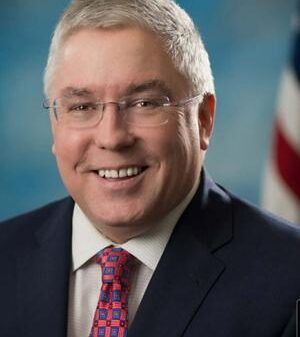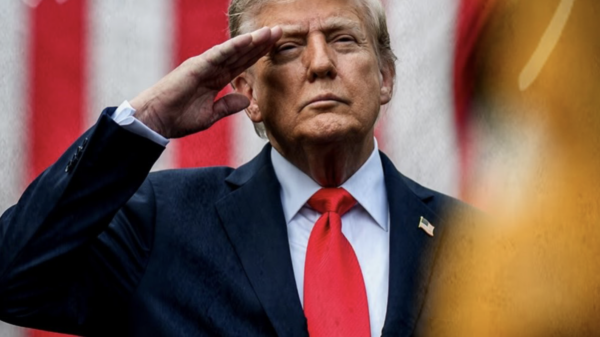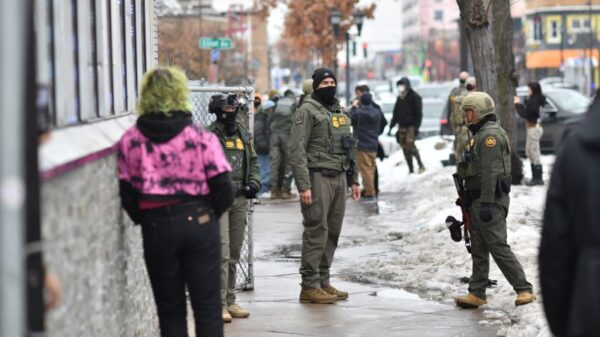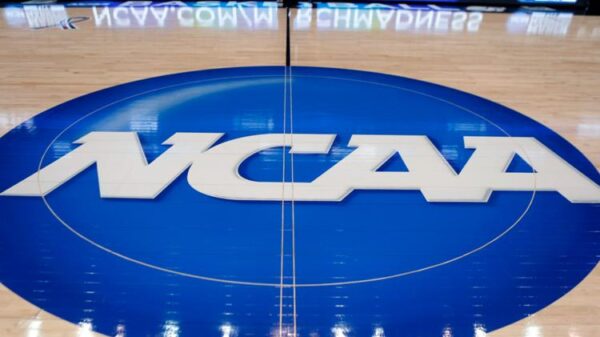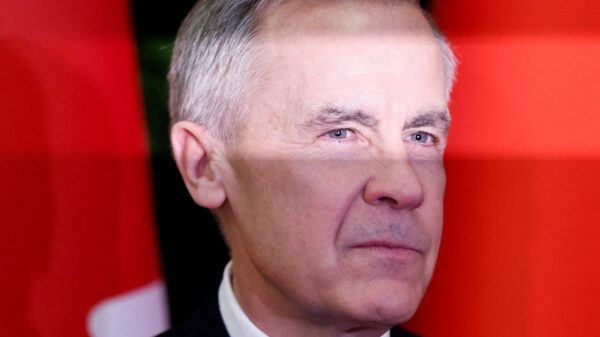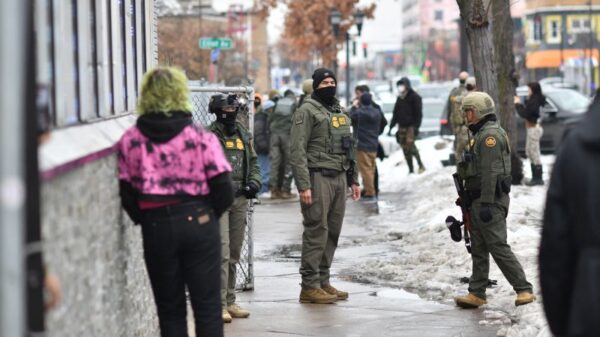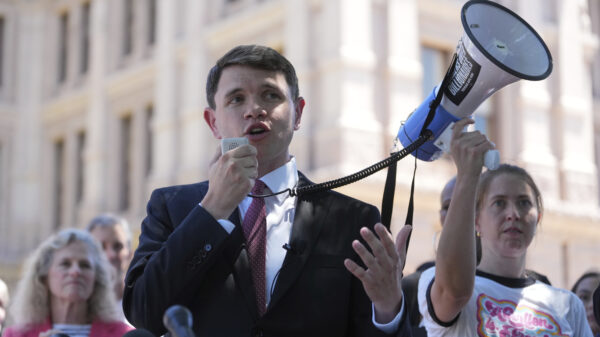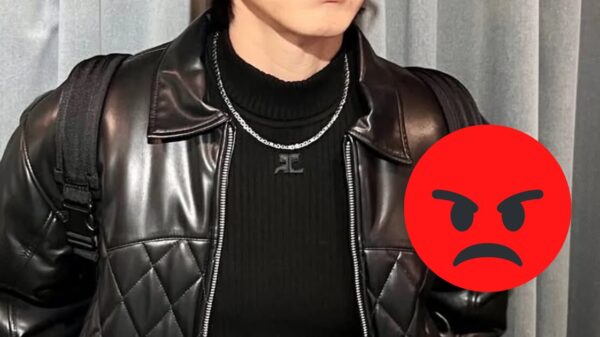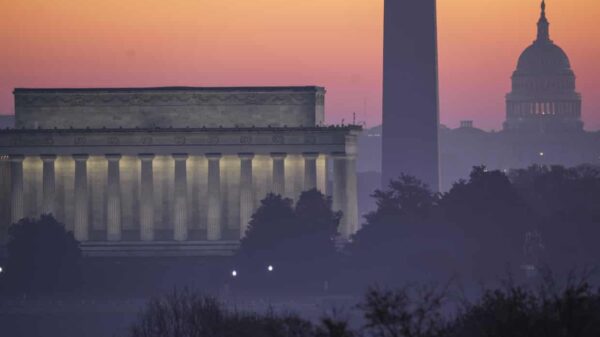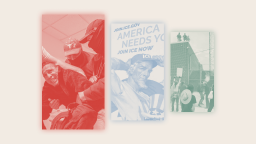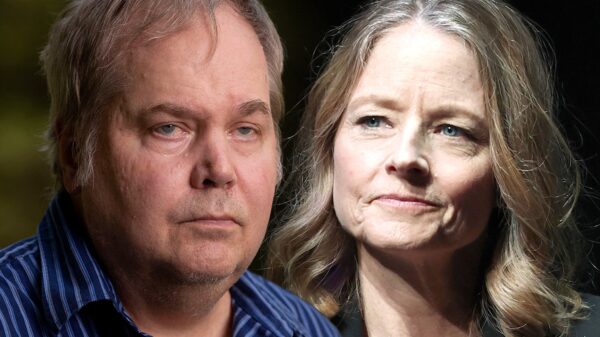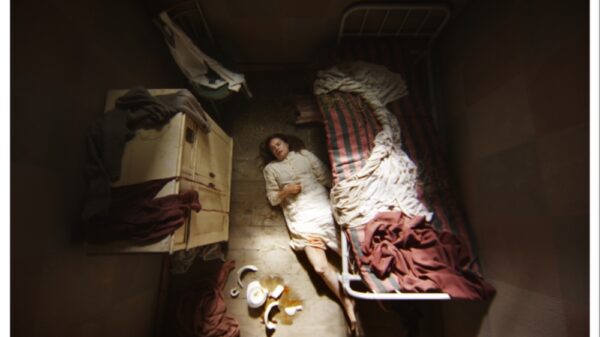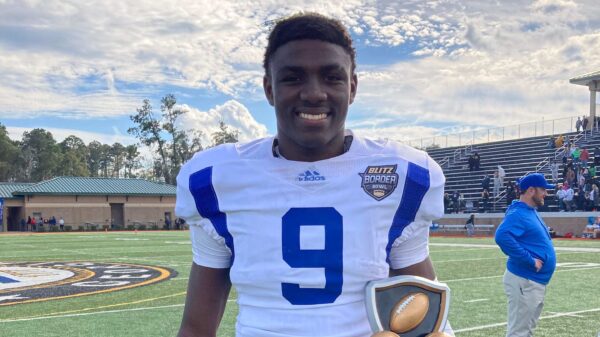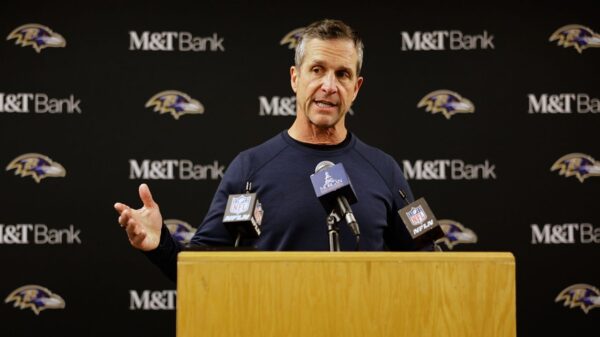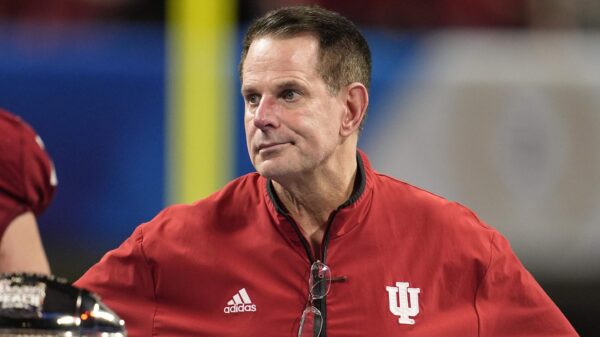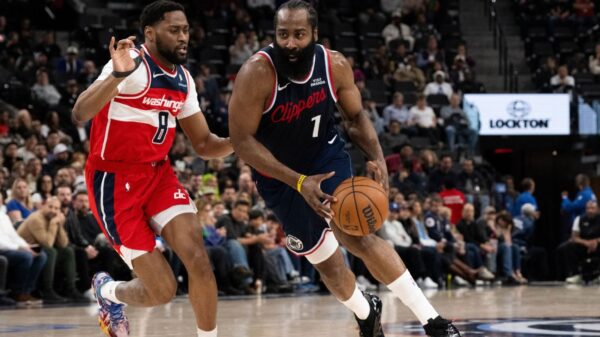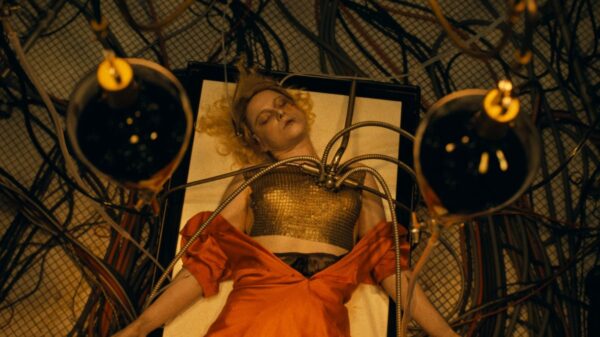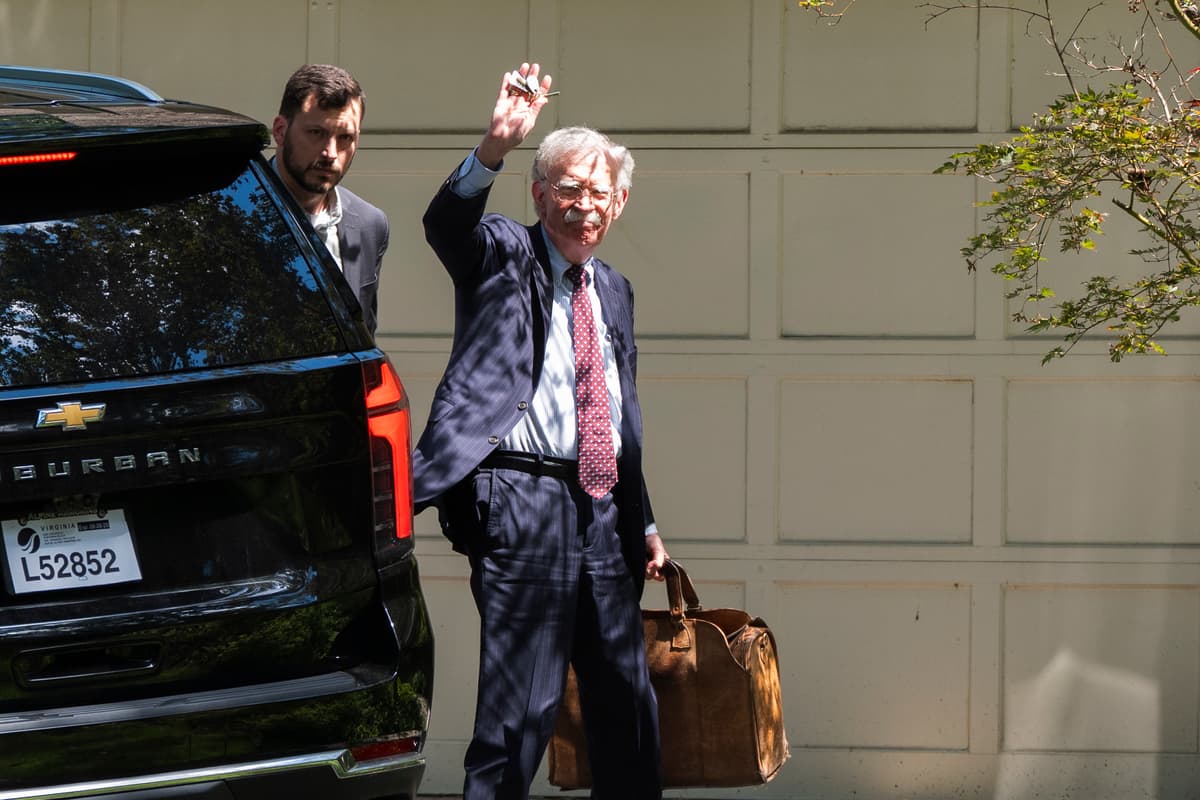President Donald Trump recently stated that he could consider himself the “chief law enforcement officer” of the United States, responding to questions about the FBI raid on the home of his former National Security Adviser, John Bolton. During an interview, Trump remarked, “I don’t want to know about it. It’s not necessary. I could know about it. I could be the one starting it, and I’m actually the chief law enforcement officer. But I feel that it’s better this way.” This assertion has sparked significant debate and criticism.
Trump’s claim was met with immediate backlash from his opponents. The Daily Beast reported that Trump had “wrongly claimed he’s crime chief” while criticizing Bolton’s actions as “unpatriotic.” Political correspondent Farrah Tomazin emphasized the unusual nature of Trump’s assertion, stating, “President Donald Trump has bizarrely claimed he is the chief law enforcement officer of America while insisting he knew nothing about the FBI raid on John Bolton’s home.” Meanwhile, the Associated Press reiterated that Trump perceives himself in this law enforcement role.
This is not the first instance of Trump claiming such authority. In February 2020, after his impeachment, The Washington Post noted that he declared himself the “chief law enforcement officer” of America. This raises questions about the appropriateness of such a characterization for a sitting president.
Historically, the term “chief law enforcement officer” has been used by other presidents. In February 1980, President Jimmy Carter acknowledged his role during a reception with state attorneys general, stating that he had to be primarily concerned with the nation’s security and law enforcement. Carter stated, “this responsibility cannot be separated from my own as the chief law enforcement officer of our country.” His comments did not provoke notable public reaction at the time.
In November 1998, President Bill Clinton faced questions from the House Judiciary Committee regarding his designation. He responded, “The President is frequently referred to as the chief law enforcement officer, although nothing in the Constitution specifically designates the president as such.” Clinton clarified that while the executive power includes law enforcement, the Constitution does not explicitly name the president in that role.
This ongoing debate about presidential authority dates back to historical events, including the Watergate scandal. On June 17, 1974, Time magazine discussed then-President Richard Nixon‘s refusal to hand over tapes to Special Prosecutor Leon Jaworski, based on claims of executive privilege. The article noted, “the court should not even consider that question because Nixon is the country’s chief law enforcement officer, head of the Executive household.” Yale constitutional law professor Alexander Bickel supported Nixon’s stance, arguing for the president’s ultimate legal authority.
Bickel’s views have been recognized as significant. Upon his death at 49, he was remembered as “one of the country’s pre-eminent authorities on the Constitution.” Even as he supported Nixon’s claims, he criticized the implications of such power, calling it a “fiction” during the Watergate proceedings.
The discussion surrounding Trump’s recent comments reflects a long-standing constitutional question: Is the president indeed the chief law enforcement officer of the nation? Various legal experts, including Bickel, have acknowledged this role, albeit with caution regarding its implications for governance and accountability.
As the political landscape continues to evolve, Trump’s characterization of his role is likely to remain a contentious topic. His assertions challenge public perception and understanding of presidential powers, reigniting discussions about the balance between law enforcement and executive authority in the United States.


